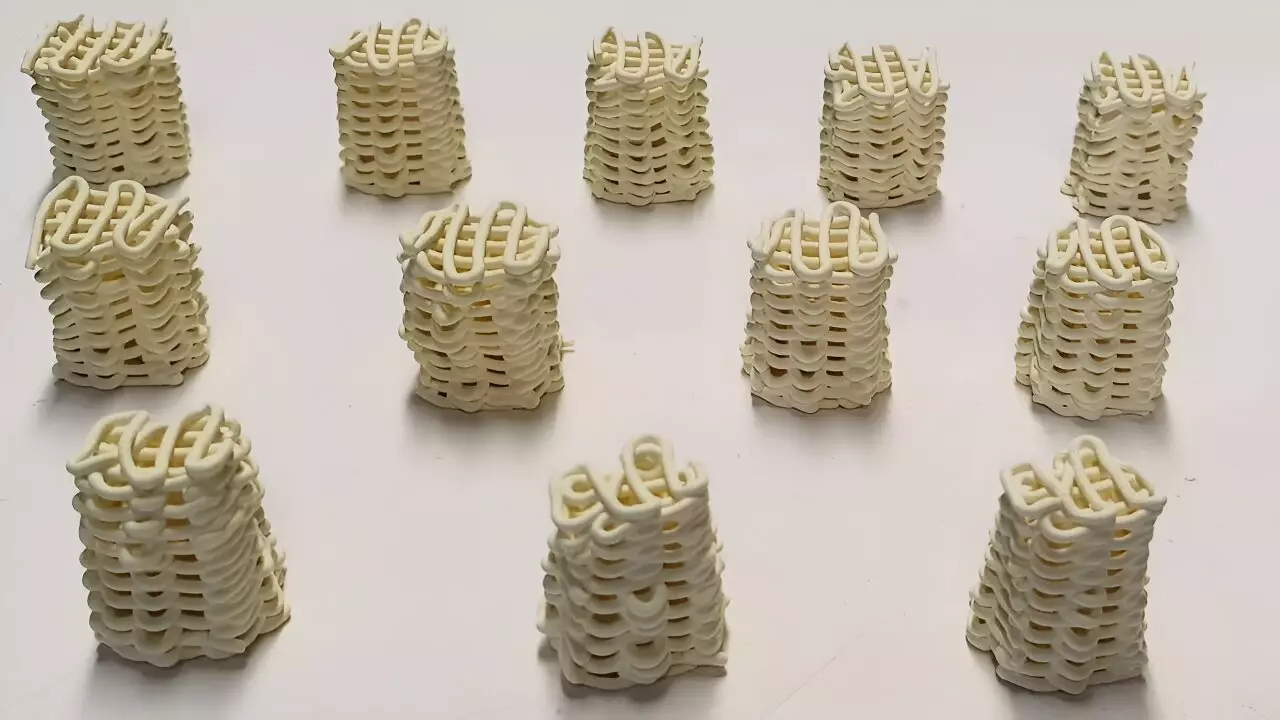Engineers at the University of Bath have devised an innovative approach to rid water of health-damaging ‘forever chemicals’ through the use of 3D printing technology. By leveraging ceramic-infused lattices, also known as ‘monoliths,’ researchers have successfully eliminated at least 75% of perfluorooctanoic acid (PFOA), a prevalent example of perfluoroalkyl and polyfluoroalkyl substances (PFAS), from water sources. This groundbreaking method shows promise in addressing the escalating concern regarding these persistent chemicals and their detrimental effects on public health.
The Menace of ‘Forever Chemicals’
Termed as ‘forever chemicals’ due to their extended persistence in the environment, PFAS compounds exhibit longevity, taking over 1,000 years to decompose fully. These synthetic substances have been linked to a host of health issues, including disruptions in reproductive, developmental, and cardiovascular systems, as well as an elevated risk of diabetes. Common sources of PFAS encompass everyday consumer products like non-stick cookware, rain gear, textiles, paints, and fire extinguishing foams, putting a significant portion of the population at risk of exposure.
Dr. Liana Zoumpouli and her colleagues emphasize the critical role of addressing PFAS contamination in water treatment and public health initiatives. Their use of 3D printing technology to fabricate the ceramic-infused monoliths exhibits simplicity and scalability, proving to be a viable solution in combating ‘forever chemicals.’ The high surface area of the monoliths, derived from the 3D printing process, facilitates efficient adsorption of PFAS from water, showcasing a promising prospect for widespread implementation.
The Regulatory Landscape and Future Implications
While countries like the US and EU have initiated measures to regulate acceptable levels of PFAS in drinking water, more stringent legislation is anticipated as the severity of health risks becomes increasingly apparent. Professor Davide Mattia underscores the impending changes in policy concerning PFAS contamination, particularly in the realm of drinking water standards. With 4cm monoliths composed of ceramic indium oxide being at the forefront of this transformative method, the researchers aim to enhance the efficacy of the process through continued research and development.
The remarkable success of the monoliths in removing 75% of PFAS from water within a three-hour timeframe highlights the immediate impact of this approach in existing water treatment facilities. Furthermore, the team’s findings reveal that the monoliths exhibit heightened effectiveness upon repeated use, undergoing thermal regeneration treatment to maintain optimal performance levels. The researchers are devoted to further exploration and refinement of this phenomenon to unlock the full potential of their innovative solution.
The integration of 3D printing technology into water treatment processes marks a significant leap forward in combatting the pervasive threat posed by ‘forever chemicals.’ By harnessing the power of ceramic-infused monoliths, engineers and researchers are paving the way for a cleaner, safer future where water contamination is no longer a pressing concern. With ongoing advancements and a steadfast commitment to refining this novel methodology, the eradication of harmful PFAS compounds from water sources is well within reach.


Leave a Reply